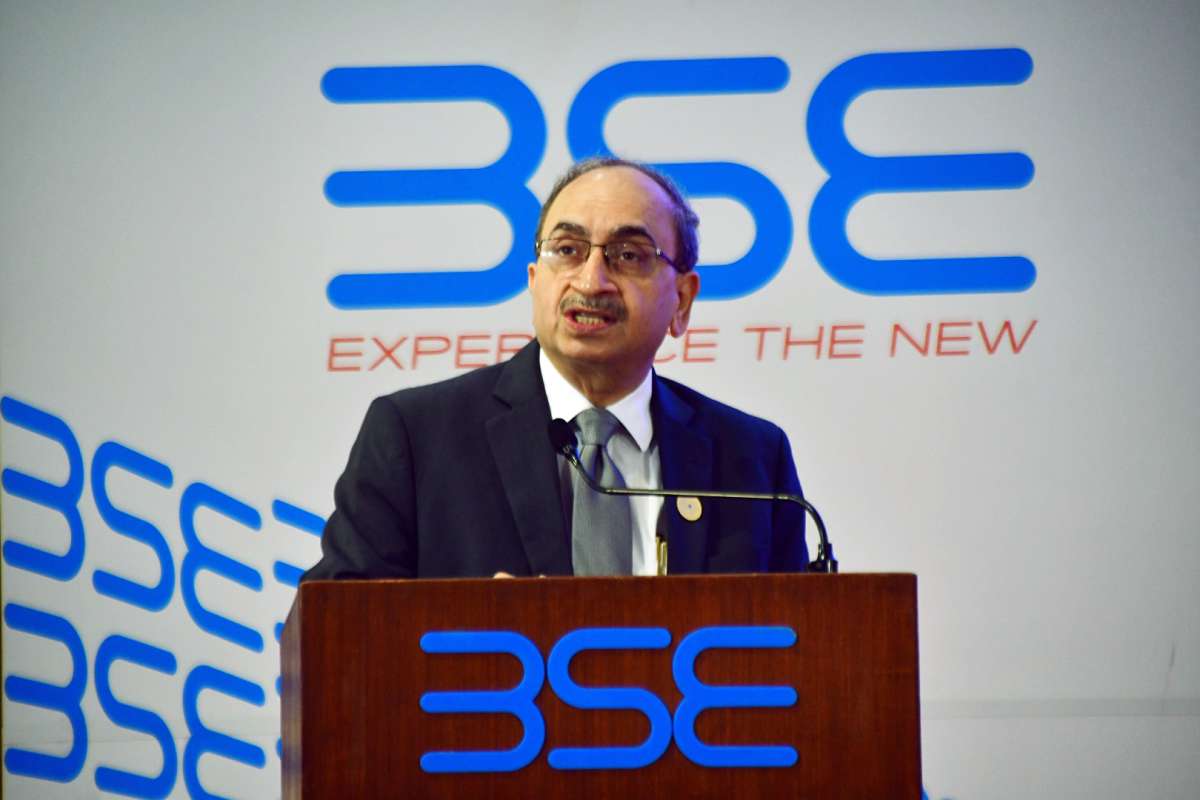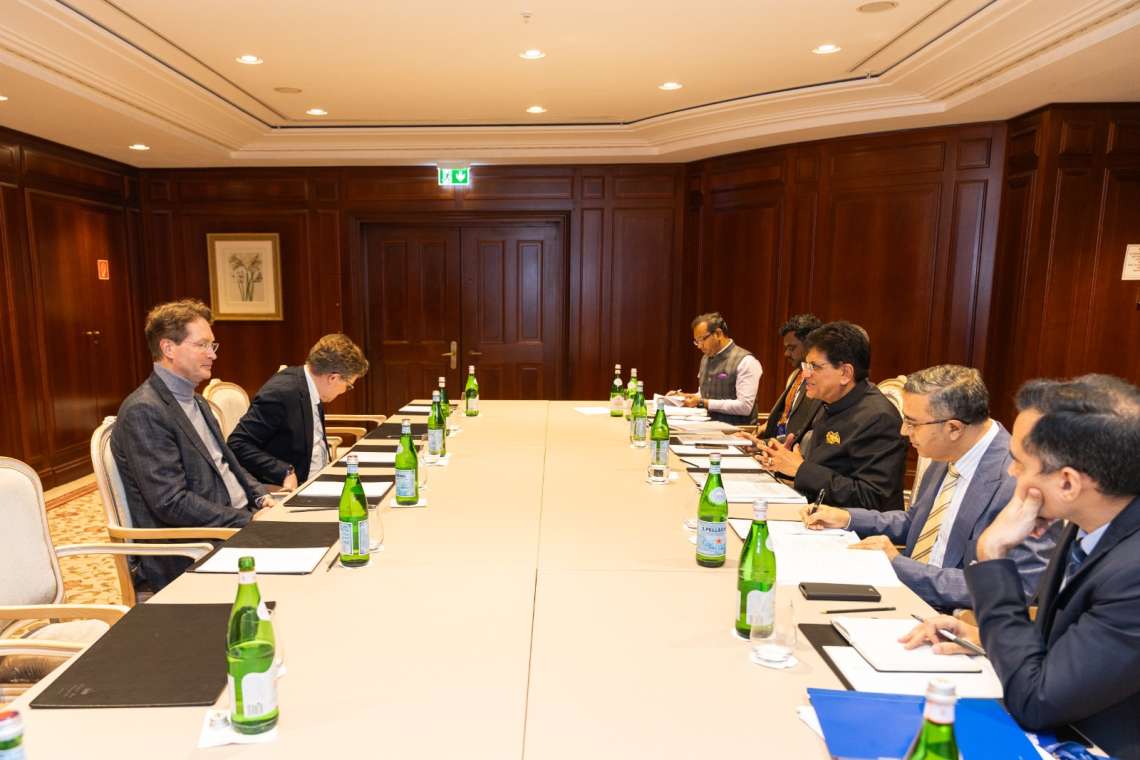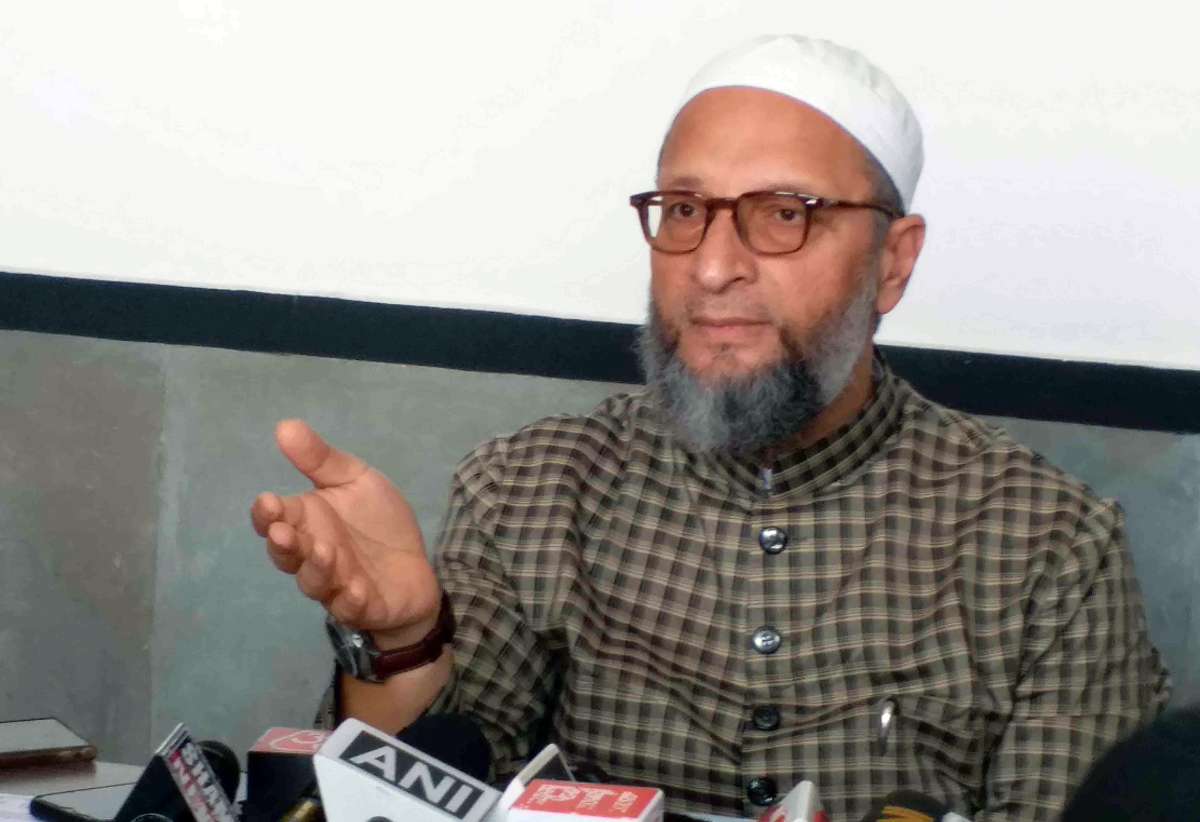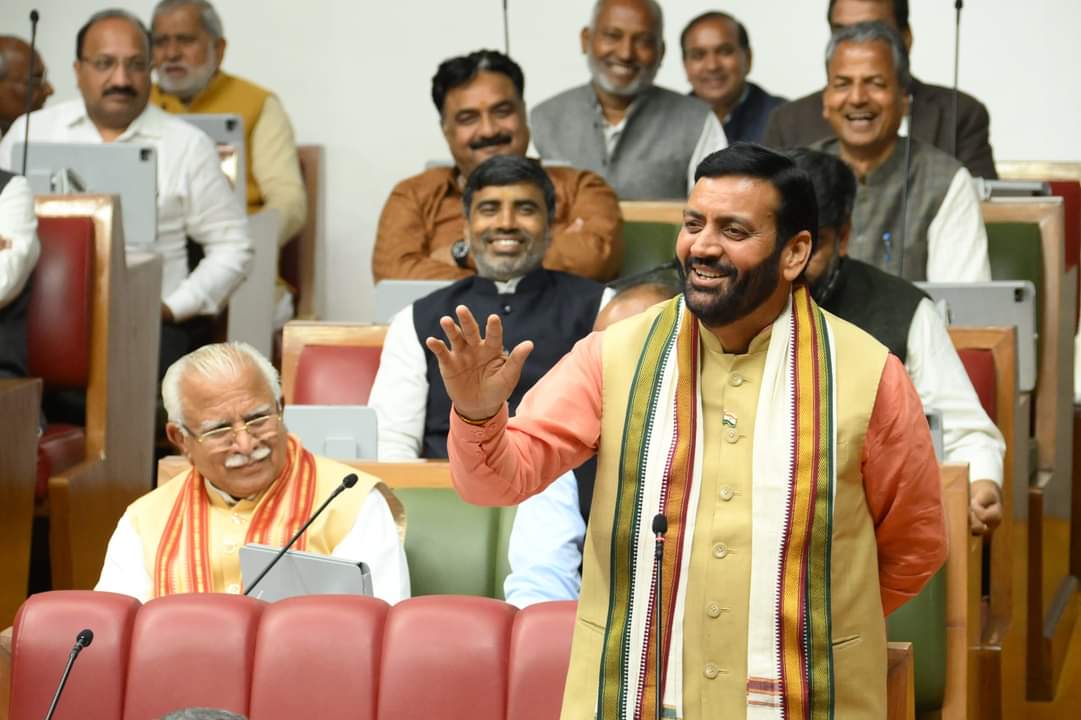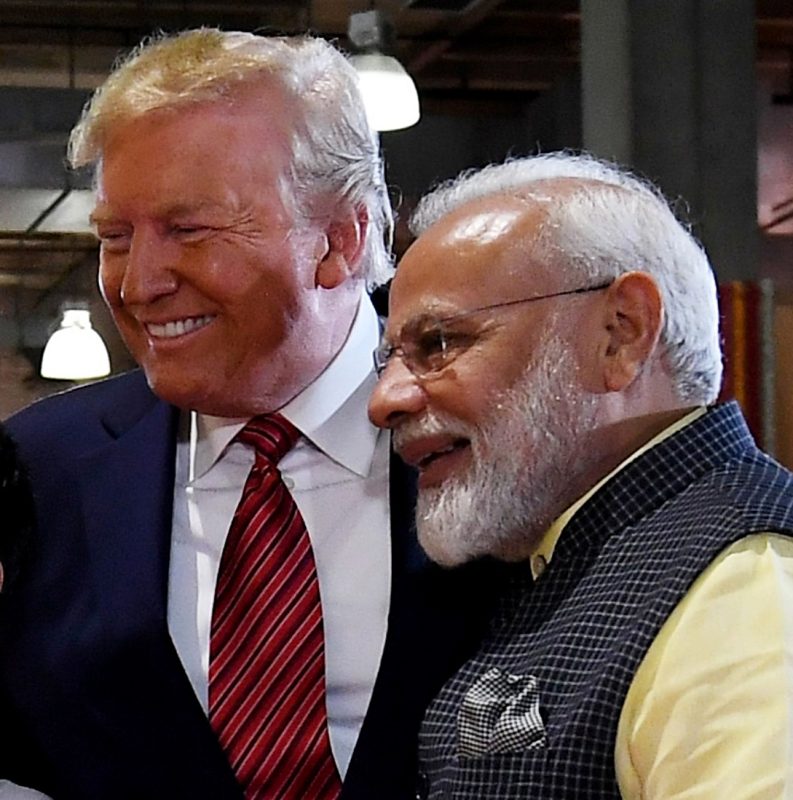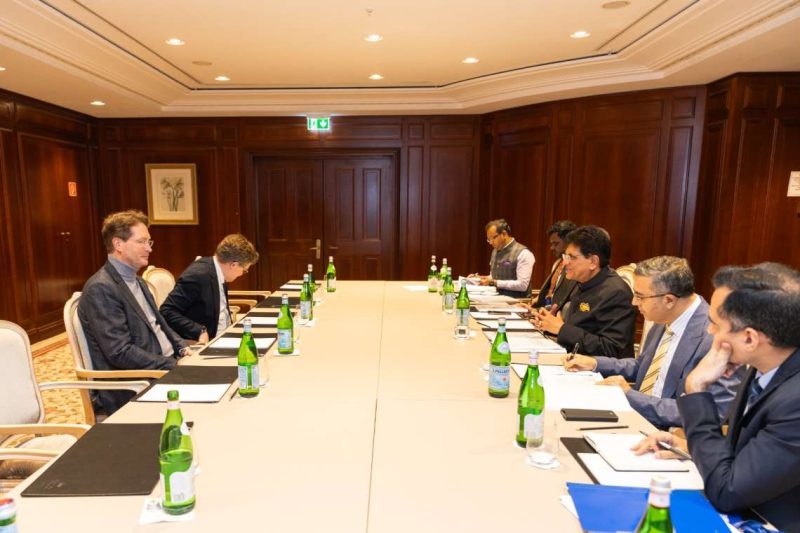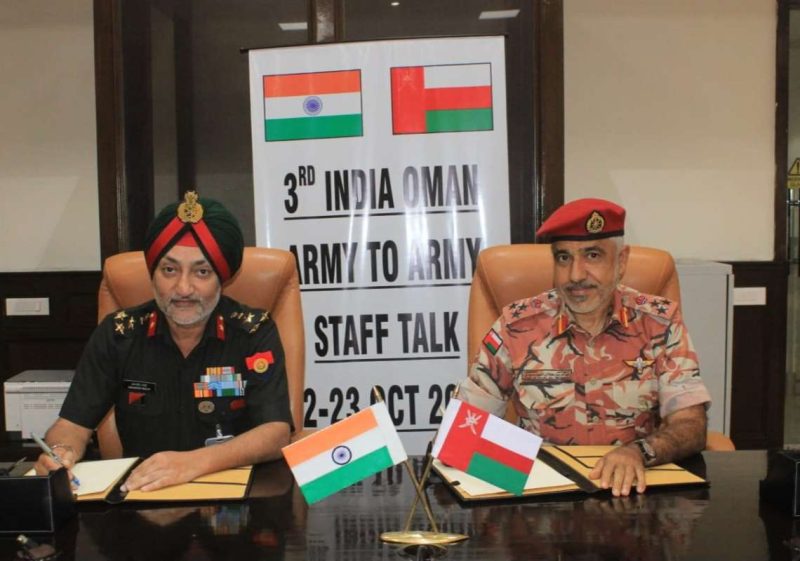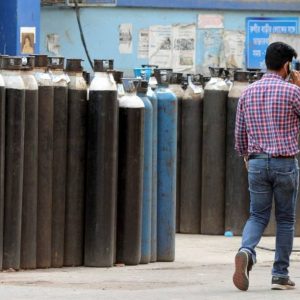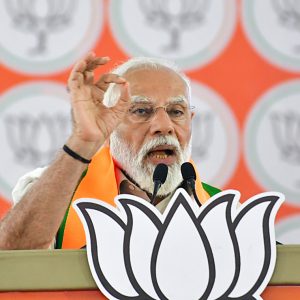A total number of 22,217 bonds were purchased during the period April 1, 2019 till February 15, 2024, SBI told the Supreme Court….reports Asian Lite News
The Chairman of State Bank of India (SBI) has filed an affidavit in the Supreme Court apprising that in compliance with the top court’s order, date of purchase of each Electoral Bond, the name of the purchaser and the denomination of the
Electoral Bond purchased has been furnished to the Election Commission of India.
Dinesh Kumar Khara, Chairman of SBI, in the affidavit told the top court that the bank has also furnished the detail to Election Commission regarding the date of encashment of the Electoral Bonds, the name of political parties who have received the contributions and the denomination of the said bonds.
SBI said that the data has been furnished in respect of bonds purchased and redeemed between April 12, 2019 to February 15, 2024.
A total number of 22,217 bonds were purchased during the period April 1, 2019 till February 15, 2024, SBI told the Supreme Court.
“From April 1 to 11, 2019 total number of Electoral Bonds purchased were 3346 and total number of bonds redeemed were 1609,” affidavit stated.
SBI further told the apex court that from April 12, 2019 to February 15, 2024 total number of Electoral Bonds purchased 18,871 and total number of bonds redeemed were 20,421.
The affidavit was filed in compliance of the top court’s direction to the bank to furnish the data of Electoral Bonds to poll panel by March 12.
The Constitution bench of the top court also warned the SBI of contempt of court against it for wilfully disobeying its order in the event of non-compliance with the latest directions.
On Monday the top court dismissed an application of SBI seeking extension of time till June 30 to submit details of Electoral Bonds to Election Commission of India and asked the bank to disclose the details by March 12.
The apex court had also directed that Election Commission of India to compile the information to be furnished by the SBI and publish the details on its official website no later than by March 15, 2024, 5 pm.
In its February 15 judgement, the apex court had set the deadline for SBI as March 6. The apex court had said that by March 13, the ECI shall publish the details of Electoral Bonds on its official website.
The Supreme Court by its February verdict had struck down the Electoral Bonds Scheme which allowed for anonymous funding to political parties, and ordered the SBI to stop issuing Electoral Bonds immediately.
A five-judge Constitution bench of Chief Justice of India DY Chandrachud and Justices Sanjiv Khanna, BR Gavai, JB Pardiwala and Manoj Misra had unanimously quashed the Electoral Bonds scheme as well as amendments made to the Income Tax Act and the Representation of People Act which had made the donations anonymous.
It had asked SBI to furnish details and the details about each Electoral Bonds encashed by the political parties, which shall include the date of encashment and the denomination of electoral bond.
An Electoral Bond is an instrument in the nature of a promissory note or bearer bond which can be purchased by any individual, company, firm or association of persons provided the person or body is a citizen of India or incorporated or established in India. The bonds are issued specifically for the purpose of contribution of funds to political parties.
Various petitions were filed before the top court challenging amendments made to different statutes through Finance Act 2017 and Finance Act 2016 on the ground that they have opened doors to unlimited, unchecked funding of political parties. (ANI)
SC to Hear Pleas Against Election Commissioners’ Act
The Supreme Court on Wednesday agreed to list for hearing on March 15 pleas challenging the Chief Election Commissioner and Other Election Commissioners Act, 2023, which dropped the Chief Justice of India from the selection panel of Election Commissioners.
A bench of Justices Sanjiv Khanna, MM Sundresh and Bela M Trivedi said the matter will be listed for hearing on Friday after advocate Prashant Bhushan, appearing for the NGO Association for Democratic Reforms (ADR), sought an urgent hearing.
The bench said that it had received a message from CJI DY Chandrachud and would list the plea for hearing this Friday.
“I just got the message from the Chief Justice, the matters are listed for Friday,” Justice Khanna told advocate Bhushan.
The petitions were moved by the Association for Democratic Reforms (ADR) and Jaya Thakur (General Secretary of the Madhya Pradesh Mahila Congress Committee), Sanjay Narayanrao Meshram, Dharmendra Singh Kushwaha, and advocate Gopal Singh.
Earlier, the apex court had refused to stay the operation of the Election Commissioner Act, 2023, issued notice to the Centre and sought a response in April.
The pleas challenged the new election commissioners’ law that has dropped the Chief Justice of India from the selection panel for appointing Chief Election Commissioners (CEC) and other Election Commissioners (ECs).
The petitions stated that the provisions of the enactment are violative of the principle of free and fair elections since they do not provide an “independent mechanism” for the appointment of members of the Election Commission of India (ECI).
The petitions said the Act excludes the Chief Justice of India from the process of appointment of the members of the ECI and it’s in violation of the March 2023 verdict of the top court, which had ordered that the appointment of members of the ECI be done on the advice of a committee comprising the Prime Minister, the CJI and the Leader of Opposition in Lok Sabha until a law is made by the Parliament.
By excluding the CJI from the process, the judgement of the Supreme Court stands diluted, as the Prime Minister and his nominee will always be “the deciding factor” in the appointments, said the petitions.
The petitions in particular challenged Sections 7 and 8 of the Chief Election Commissioner and Other Election Commissioners (Appointment, Conditions of Service and Term of Office) Act, 2023. The provisions lay down the procedure for the appointment of ECI members.
They sought direction from the Centre to include the Chief Justice of India in the selection committee for the appointment of the CEC and ECs, which currently consist of the Prime Minister, the Leader of the Opposition in Lok Sabha and a Union Cabinet Minister nominated by the Prime Minister.
Earlier, on December 28, the President gave assent to the Chief Election Commissioner and Other Election Commissioners (Appointment, Conditions of Service and Term of Office) Bill 2023.
Notably, on December 21, the Lok Sabha passed the bill to regulate the appointment and service terms of the CEC and ECs.
The Supreme Court, on March 2, 2023, in response to a writ petition, directed that the appointment of CEC and ECs shall be made by the President based on the advice tendered by a committee consisting of the Prime Minister, the Leader of the Opposition in the Lok Sabha or leader of the largest opposition party in the House and the Chief Justice of India.
The Act replaced the Election Commission (Conditions of Service of Election Commissioners and Transaction of Business) Act, 1991. (ANI)
ALSO READ: 90% Indians face injustice everyday, alleges Rahul


